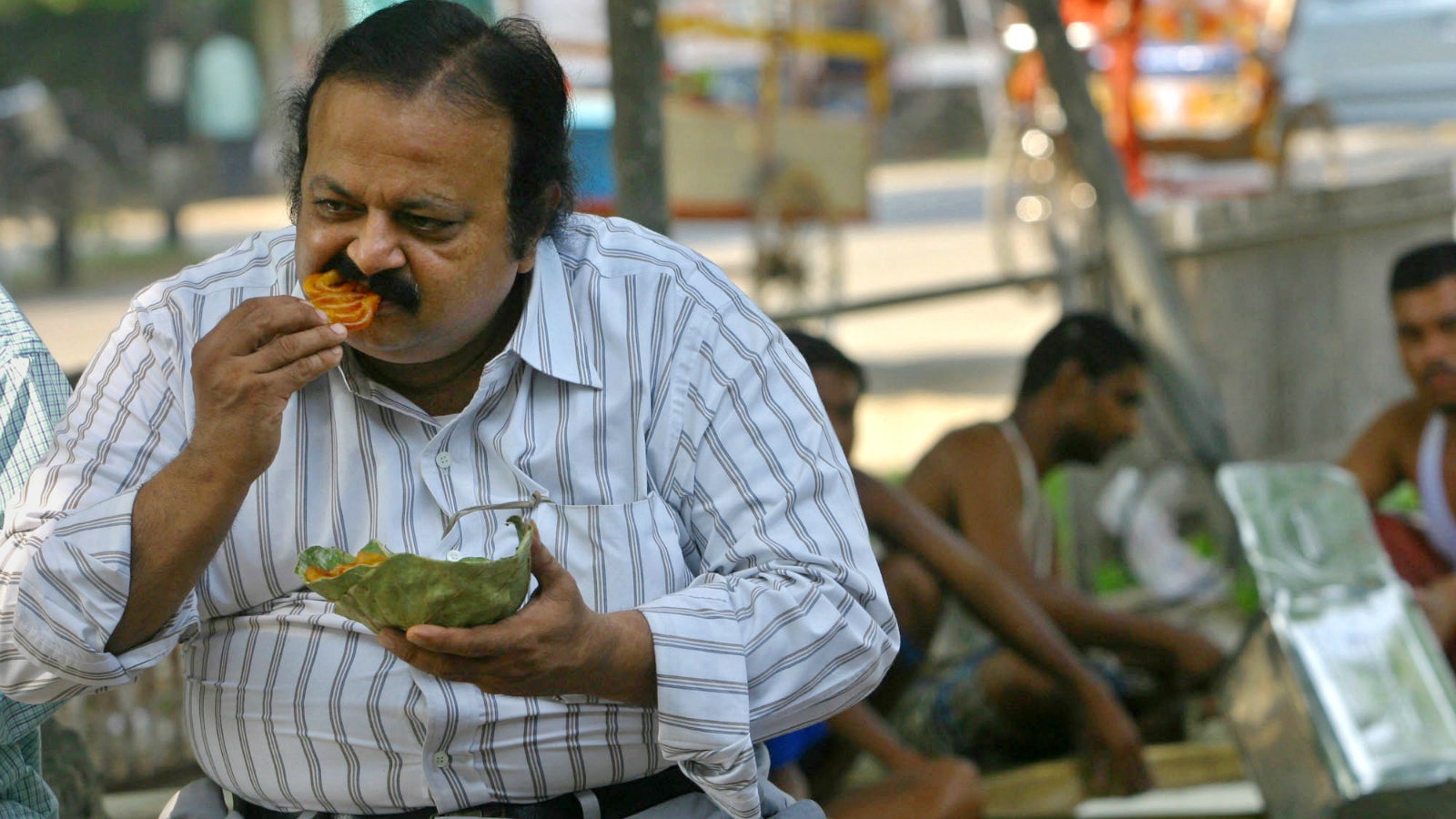Before giving weight-loss advice to your fat friends, get yourself a blood test
You aren’t on the wrong side of 40 yet. You have some belly fat, perhaps, but you don’t think you are obese. You play a sport, or go running once in a while. You think you can’t get diabetes. That’s myth number one.


You aren’t on the wrong side of 40 yet. You have some belly fat, perhaps, but you don’t think you are obese. You play a sport, or go running once in a while. You think you can’t get diabetes. That’s myth number one.
Sometime last year, I felt I was getting flabby. So I began using artificial sugar and eating in moderation. I never drank much anyway, but couldn’t get over desserts.
Soon, under the coach’s supervision, I was gorging on meat, cheese, eggs, butter, ghee. In three-and-a-half months, I lost 14 kgs. My cholesterol, sugar and other indicators improved. My diabetes risk had reduced and myth number three busted.
The epidemic
It’s all warped, the understanding of diabetes in India. Until people get it, they don’t know anything about it. Often, even after turning diabetic.
The disease is becoming commonplace in urban India. In Punjab, people taking insulin shots are a common sight even in villages.
The number of diabetics in the country has risen from 11.9 million in 1980 to 64.5 million in 2012. These are just recorded numbers. Diabetes is vastly under-estimated in the country. Many don’t even know they have it.
Most diabetics are obese, but some may even be skinny. There are various reasons why fit-looking people may get diabetes. Such people are called “metabolically unhealthy non-obese.”
Beer versus cigarette
Last year, when I signed up for a diet coach, I was asked to get a comprehensive blood test.
People had begun commenting on my belly. Free advice kept flowing in: join a gym, don’t eat meat, drink warm water. People behaved like they knew my body better than me. Some just said I was being lazy and irresponsible.
One friend ticked me off for drinking beer, even though I drank very little, and rarely. Strangely, he never said anything about my smoking. My diet coach explained: “Drinking beer when you are fat is seen as irresponsible. Smoking is seen as an act of responsible choice.”
Yet, nobody ever asked me to get a blood test done.
Because people aren’t really talking about health when they talk about obesity. Their only concern is body image. For many like me, taunts produce an obverse reaction. One’s priority shifts to body image. Fat is sexy, you tell yourself.
In short, fat-phobia blocks solutions to the obesity and diabetes epidemic.
Science, not morality
Fat may or may not be sexy, it is definitely unhealthy.
“Pre-diabetic,” the doctor said, looking at my blood test results. As I panicked, the diet coach’s keto diet beckoned. And for its success, understanding the science behind food-body interaction is key.
He explained how carbs were the culprit behind obesity. When carbs and sugar get inside us, they turn into glucose. As the body gets a sugar high, it tells the mind it could do with some more energy.
That is why you can always eat another roti even if you aren’t hungry anymore.
We know sugar is bad for us, but we don’t think the same way about rice. Ask anyone if he or she could live one day without carbs—no roti, bread, rice, flour (maida or besan), potatoes, sweets, sugary drinks, no alcohol. They can’t.
If we draw a chart of what many urban professionals eat, 70-80% would be carbohydrates. Our bodies were made to store energy. They were made to walk 20 kilometres a day, not for motor vehicles. We keep consuming energy but don’t expend it. That is why we become fat.
It now made sense why I shouldn’t drink beer or eat sweets. Instead, I ate a lot of meat, eggs, fish, veggies, and endless amounts of cheese, walnuts and olives.
It will be tough for a few days, my diet coach assured me. After that you will experience a decline in carb craving. You will soon not want that pizza or rice.
When the body is deprived of glucose, it starts burning stored fat. This releases something called ketones into the blood, giving you a different kind of high.
I lost as much as half-a-kg a week. The keto life showed me how our world is full of carbs. Even when I selected “diabetic meal” on Jet Airways, they gave me wraps and brownies.
The diabetes industry
My diet coach explained what had changed in India. There was an abundance of food, and carbs, that wasn’t there till even a few decades ago.
Doctors merely tell diabetes patients to eat “less rice and potatoes”. They don’t want you to cure your diabetes, they just want to manage it. The diabetes industry benefits from carb consumption just as much as the fast-food industry.
Oh, and one more myth to bust: that BMI calculation you do on the internet and feel happy about? That’s not accurate. Since south Asians are more prone to obesity and heart disease, there’s a stricter BMI for us.
Before making fat-phobic comments about others, you may want to check your own desi BMI, and get a blood test.
We welcome your comments at [email protected].